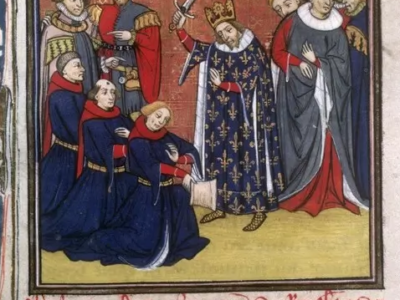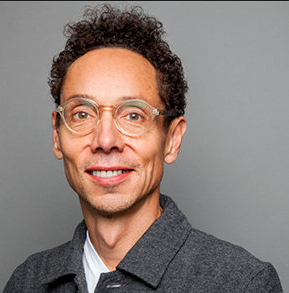MICHAEL DONG

Gold lights shows but fills of greed
Rock dulls, bores but does the deed

Gold lights shows but fills of greed
Rock dulls, bores but does the deed
The Snow Ball The red brick building of the town’s elementary school had been drowned and frosted over by the winter, until all 3 acres from afar appeared indistinguishable from the pallid snow surrounding. Within this colorless edifice lay the cozy revelry of polite laughs and giggles: ‘twas the Christmas half-day at Homan Brook Elementary. Read more…
BRANDON LIU Rhetoric is a subject that will have minimal appeal to any student. The questions “who needs to study this?”, “how will it affect my future?” and “what is the point of this subject?” are common in their minds upon hearing about the five canons or the rhetorical triangle. However, the minds of students Read more…

Benjamin Wang When we first landed at the airport in Rome, I couldn’t really grasp the idea that I was outside of the States, since the general area around the airport was very urban and nothing there really screamed “ITALY!” to me. I guess I was expecting to see a bunch of restaurants with rich Read more…

“What the Dog Saw” is split into three parts: Obsessives, Pioneers, and other varieties of Minor Genius; Theories, Predictions, and Diagnoses; and Personality, Character, and Intelligence. The second part interested me the most. The examination of how people approach problems and the discussion on the amount of importance society places on images leads to enlightening insights on the importance of interpreting information, as discussed above.
Job interviews are flawed, Gladwell argues in What the Dog Saw, because people make assumptions about the way others will act in all situations. Studies have shown that behavior varies according to setting; honesty, for example, is not a constant trait – students were shown to have different affinities for cheating when taking tests at school or at home. Gladwell describes Nolan Myers, an intelligent, successful, Harvard graduate, who had recently spent a lot of time at job interviews. Gladwell states that if he “were an employer looking for bright young college graduates, [he would] hire him in a heartbeat”. However, he has never seen Myers in other settings, nor has he spoken to any of his relatives or professors, and he cannot explain why he likes Myers, but, Gladwell, along with Hadi Partovi, an executive at Tellme, and Steve Ballmer, the former CEO of Microsoft, decided that they approved of Myers in the short time they each spent with him. During Gladwell’s interview with Myers, he asks Myers, “are there things that you think you aren’t good at, which make you worry?”